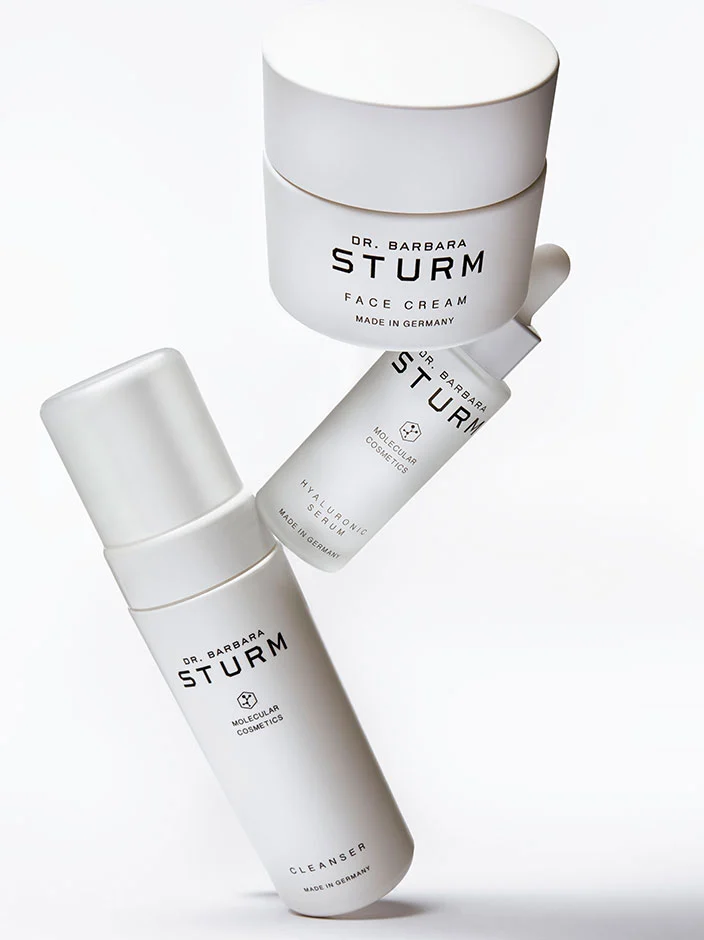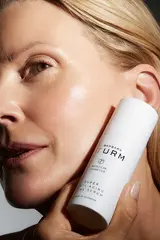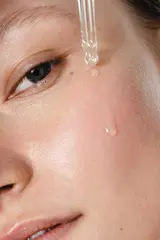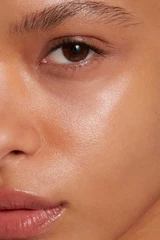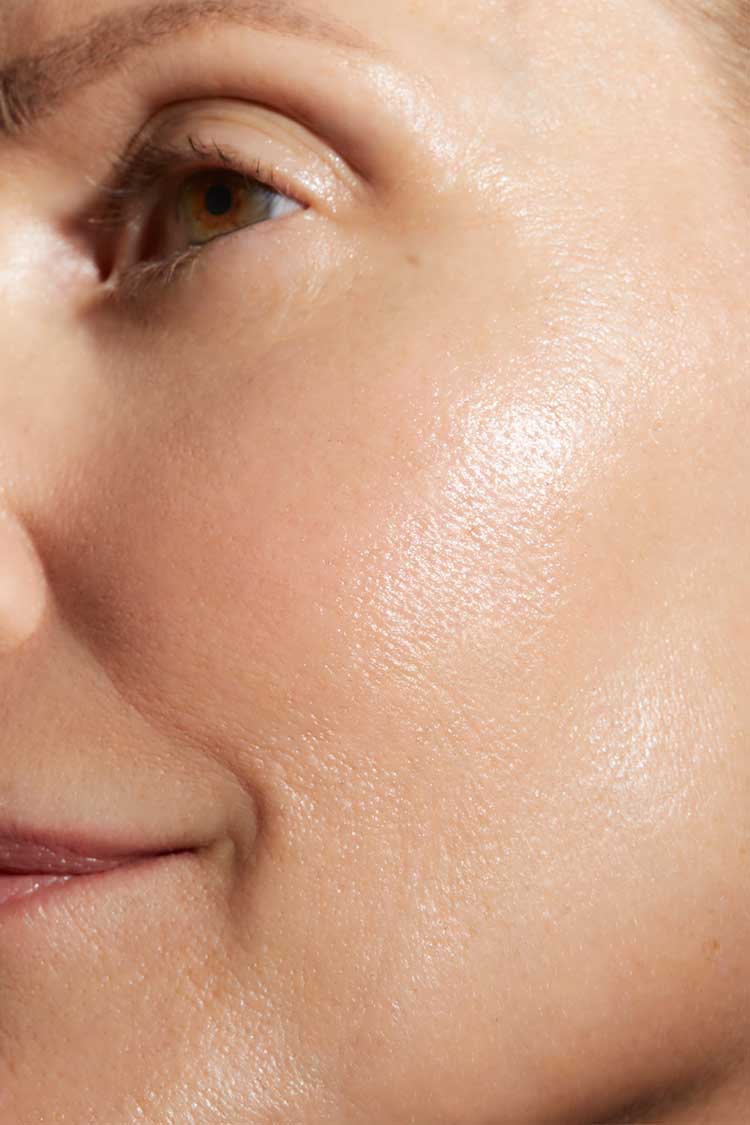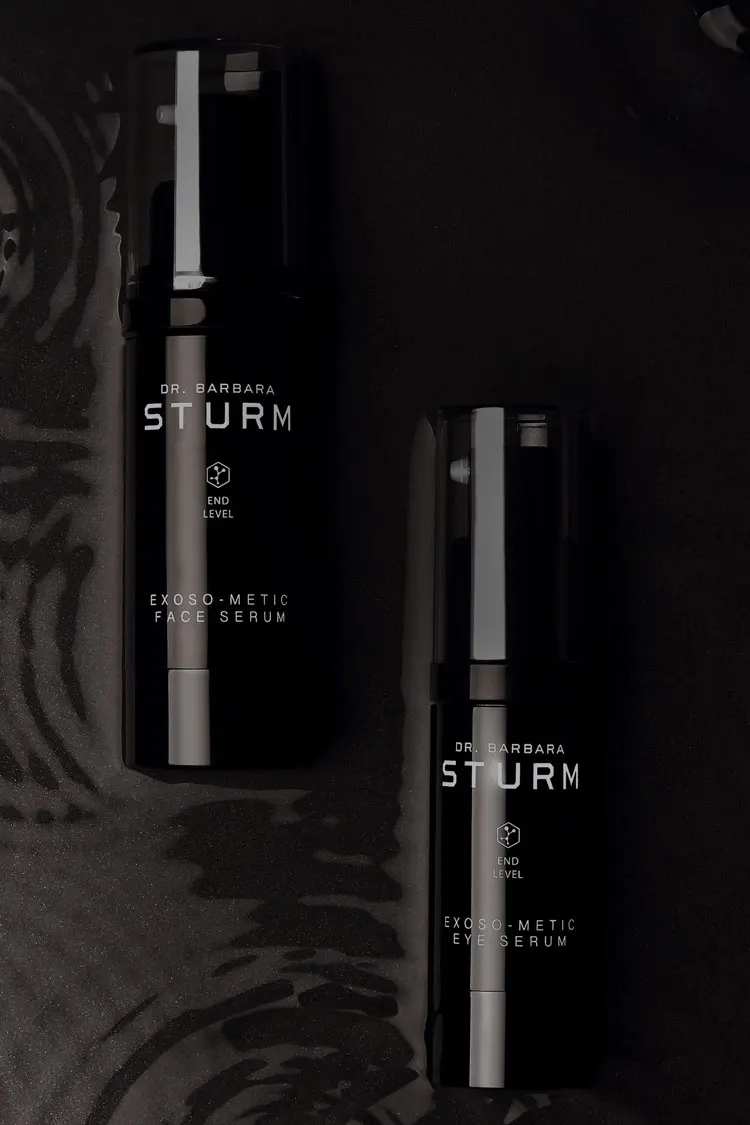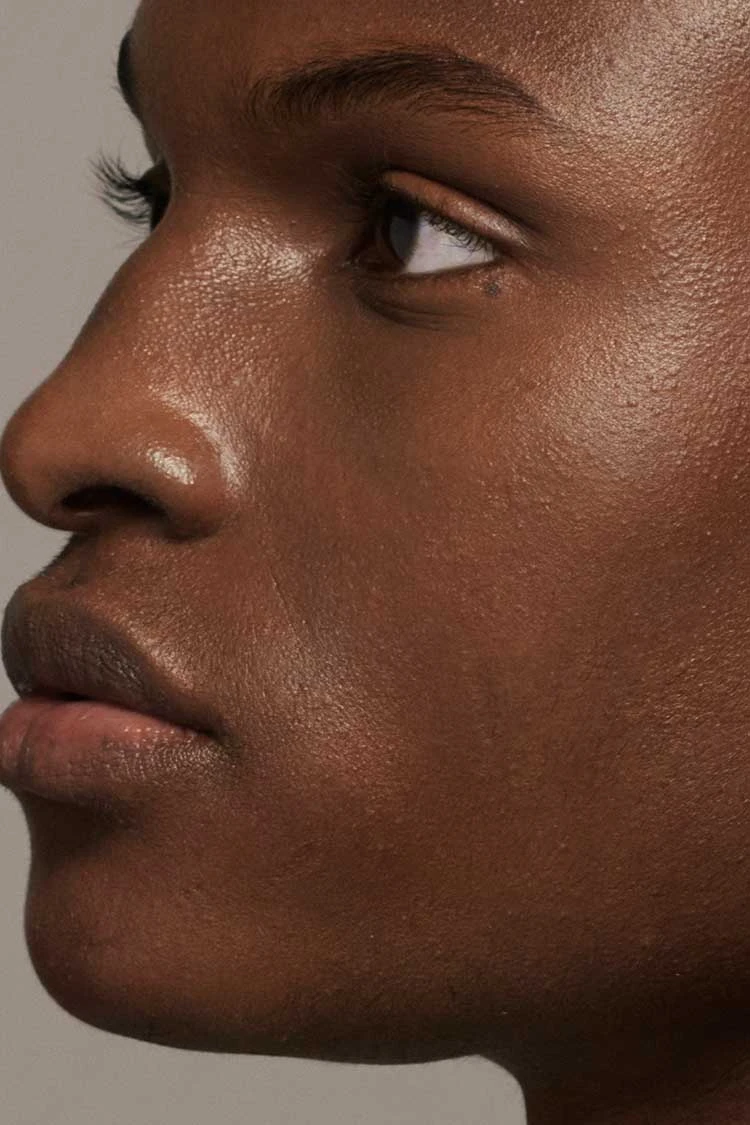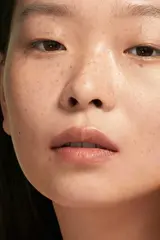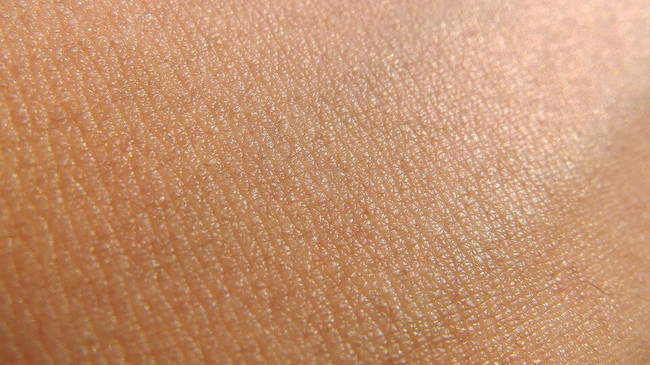INFLAMMATION AND ITS EFFECTS ON THE SKIN
1st Oct 2020
My entire medical career has focused on combatting inflammation in the skin and body. 18 years ago, I pioneered a pair of anti-inflammatory medical treatments that deploy the body’s own healing anti-inflammatory blood proteins. I also work with botanically derived antioxidants that have significant anti-inflammatory properties. Inflammation is the primary cause of skin disease and dysfunction, including hyperpigmentation, suppression of collagen production, premature aging, redness, itching, psoriasis, eczema, acne, rosacea, and seborrheic dermatitis. Inflammation is also the bane of overall wellness.
Acute inflammation is triggered by internal or external exposure to irritants, including UV radiation, pollution, allergens, radiation, perfumes and aggressive skincare ingredients and approaches like acid peels and harsh laser treatments, smoking, drinking alcohol and pro-inflammatory foods.
Chronic inflammation is a sustained inflammatory response within the skin that is mediated by the immune system. Chronic Inflammation destroys healthy tissue, and affects more than half of all people. Worldwide, three out of five people die due to chronic inflammatory diseases.
Ironically, inflammation is designed to protect us. Inflammation is how the body signals the immune system to heal and repair damaged tissue and fight off pathogens. The inflammatory cascade begins when the body releases a signaling chemical that activates leukocytes (white blood cells) to move from general circulation to the site of damage. These activated leukocytes then produce hormones called cytokines and chemokines that act as "emergency signals" and bring in your body's immune cells, hormones and nutrients to fight the problem. In addition, hormone-like substances known as prostaglandins create blood clots to heal damaged tissue, and trigger pain and fever as part of the healing process. As the body heals, inflammation should gradually subside.
Sometimes, the immune system does not work properly and may direct an immune response to attack healthy, normal tissue. This can result in difficult skin disease like Psoriasis. People with Celiac Disease may experience a skin condition called Dermatitis Herpetiformis when they consume Glutens. “Contact Dermatitis” is another form of skin inflammation; it occurs when the skin comes in contact with an irritant or allergens including aggressive skincare ingredients, perfumes, or pollutants.
Changes to diet and lifestyle have been shown in clinical trials to dramatically reduce inflammation:
- Get adequate sleep, which stimulates human growth and other hormones
- Deploy stress reduction techniques
- Use broad spectrum sun and pollution protection
- Moderate drinking and eliminate smoking
- Eat an anti-inflammatory diet rich in fatty fish, avocados, cherries, broccoli, cabbage, green leafy vegetables, tomatoes, almonds, Curcumin (Turmeric) and green tea
- Avoid soda, refined carbohydrates, trans-fat, fried food and sugars
- Supplement your intake of Vitamin D, Zinc, Magnesium and Selenium
- Avoid antibiotics, NSAID’s and antacids, which harm the microbiome and cause leaky gut triggering body-wide inflammation
- Use potent anti-oxidants and support your natural skin barrier function to be strong and functioning at its best
- Guard and protect against the triggers of inflammation touching your skin, including the use of aggressive acid peels and harsh lasers.
The ingredient science in my skincare line also work together to combat inflammation-mediated oxidation, and to provide protection of skin barrier function, hydration, nutrition and healing.
Keep inflammation at bay by adopting the anti-inflammatory lifestyle. It is not difficult; it requires only awareness, mindfulness and avoidance of inflammations’ many triggers.
Diet & Inflammation Digital Masterclass
An educational live conversation between Dr. Barbara Sturm and Dr. Maximilian Schubert on inflammation and diet.
